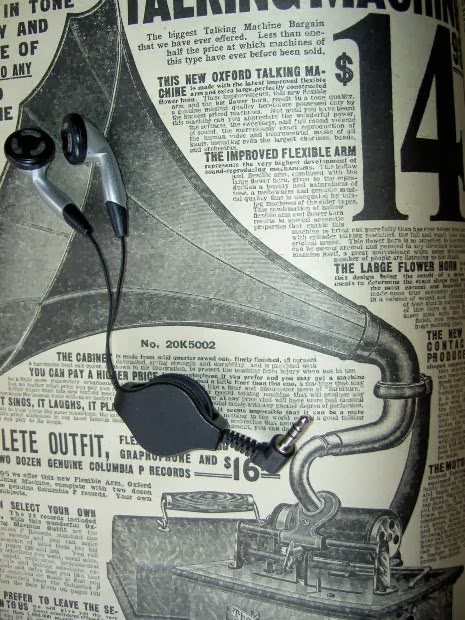Everyone faces that dreaded ‘writer’s block’ in one form or
another.
It’s an ugly disease that pushes us away from success and
keeps us from working. Writers and ‘thinkers’ (in other words, all of us who use
our brains), whether in the school or work place, have different ways of
dealing with this problem.
How to catch a muse?
There are many ways to go about this task and make writing much easier for yourself.
1. Routine
Having a daily habit of writing makes a world of
difference.
This does not mean, ‘set a crazy high goal and beat yourself
up if you don’t achieve it’. A habit can
simply mean a 10-15+ minute session with your muse (AKA brain) every single
day. It takes time to train your noggin,
and making a small time each day is the best way to do it.
After a short time of doing this, your mind is more open
each time you sit down, and the inspiration is ‘literally’ waiting for a chance
to be let out. You do not have to be a
‘big-bucks’ author to make writing easier for yourself – writing is a skill
that’s worth its time in every area of life.
Write every single random idea that comes to you, describe
the most abstract things, and let your brain squeeze some of that creative
juice out.
2. Visual Arts
Images can spark ideas, so if you are looking to catch a
train of thought, find a site (such as Pintrest) stocked with photography,
doodles, or masterpieces and let your mind get some exercise from running
circles around the colors. Sometimes the
most random detail can be the start of the greatest idea.
A picture can be a building block for a huge web of
inspiration. Know what you’re writing
about, and look up stuff connected to that.
People are sources for story characters; landscapes create worlds, so on
and so forth.
Even if you don’t expect to get anything out of it,
remember, your brain is so complex you can’t imagine what it’s capable of. Who knows, you may surprise yourself. Inspiration can come from odd places.
3. Grab a Friend
A friend, no matter to what extent they are involved, can be
a lifesaver in terms of writing. Whether
they give you that inspiration through their funny, dumb or ridiculously moments
or actually write with you, their input will always be invaluable.
Everyone needs someone to push them forward – having someone
to encourage you gives your muse someone to succeed for: a shoulder to cry on,
a fist to bump, or a fellow genius. If
you write with someone, your work is improved by that need to be good enough
and keep up with the other person.
A partner can give you feedback, point out your flaws, and
come up with juicy ideas that never would have occurred to you.
4. Those Tunes
Music can also get the thoughts circulating.
A song that you can tune out but still enjoy the influence
of is a great background for writing. Many
movie soundtracks or inspirational music works for this. Don’t listen to anything that distracts you,
but find something that fuels your creativity. Calm and relaxing, or upbeat and fast-paced -
whatever floats your boat. We are all
unique and function differently.
It is important to get your mind into a good state, so
smooth it out with a good melody, preferably one that also inspires you!
5. Lists
Lists of words that relate to each other in a theme (or ones
that absolutely don’t) can later be organized into a full-fledged piece. This practice can help your mind see the
connections between words, and how they can make a great idea.
Start anything random from a small prompt and do something
new. Change can be good – let yourself
try something different, because a fresh start is often surprisingly
helpful.
6. Use What Works
No-brainer, don’t use something that doesn’t work.
So get ideas from past successes, masterpieces by the
classics that give you an idea of what works.
Reading examples in your area of inspiration is a great tool, because it
betters your craft while introducing your mind to great ideas. Don’t take someone else’s work – that’s
called plagiarism – but give your brain a hand by showing it a vision.
Get yourself motivated by dreaming of what your own works
can become.
7. The World Around You
For a good idea, take a look at what’s around you.
So much of what we write and think about has to do with the
world we live in. You may not think your
own life and actions would inspire someone, but a moment from a another person’s
life may well be your ticket to a first-class idea.
Conversations can be found in millions of open places –
walking through the city, sitting in the coffee shop, or at your local grocery
store. Just take in the words of a
couple strangers and find a start from someone else’s life! You don’t have to go far to find words, and
sometimes it is the very fact that these anonymous conversations are so
everyday and unimportant that make them inspiring.
Keep your eyes and ears open for those muses hiding out in
the open, deceptively easy to find, and make use of them!
~Caroline M.












Lots of good advice! Thanks for posting. :)
ReplyDeleteStori Tori's Blog
Thanks for writiing
ReplyDelete